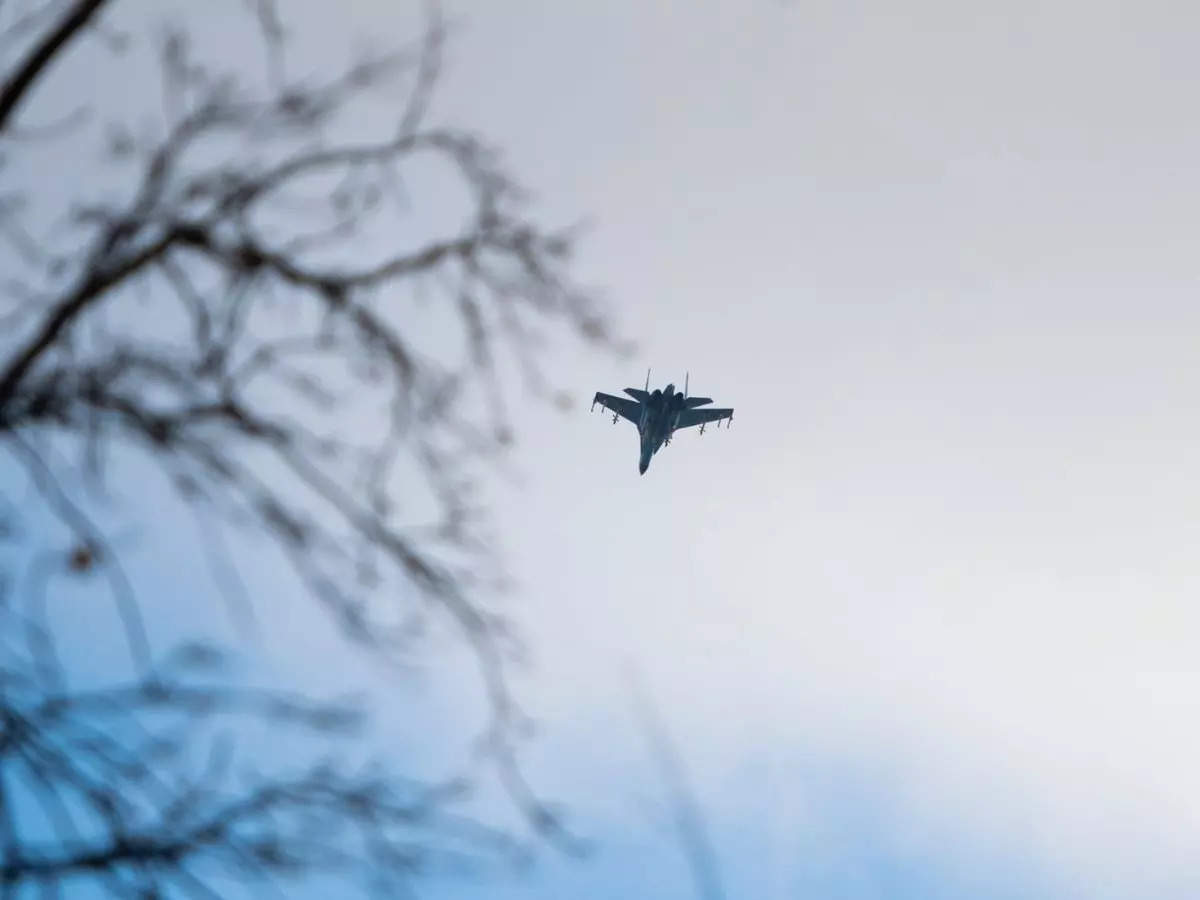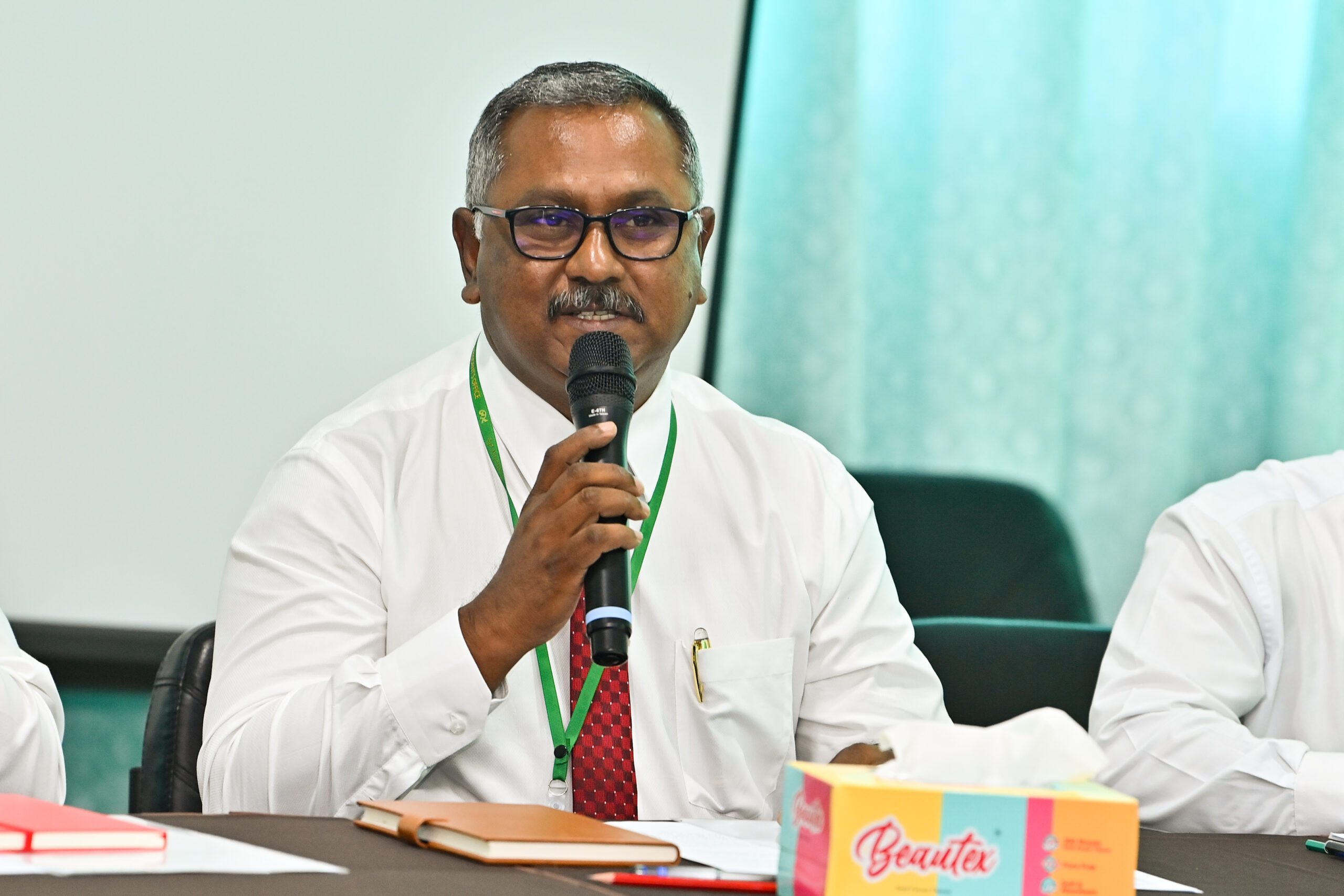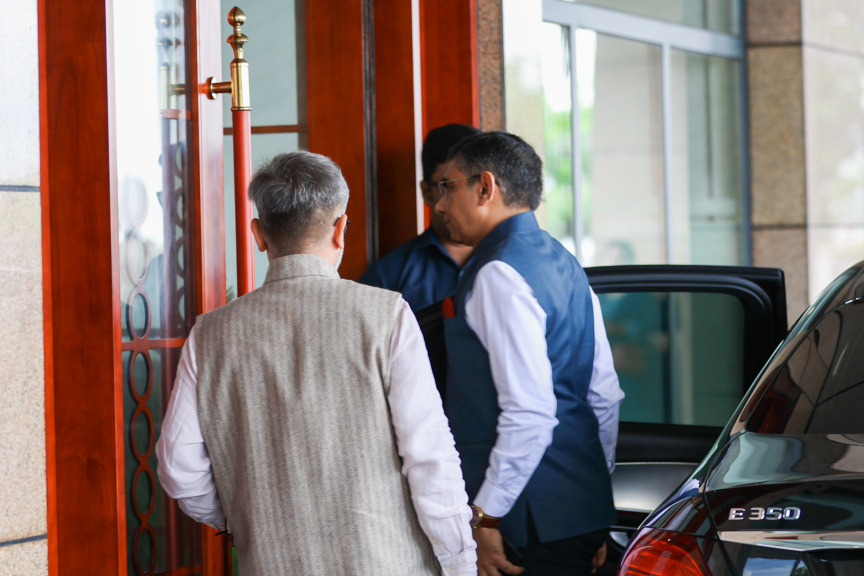As Ukraine burns, the UN Security Council, expectedly, failed to pass a resolution demanding cessation of hostilities and immediate withdrawal of Russian troops from Ukrainian territory, late on Friday. Adopted under the benign Chapter 6 of UN charter, which does not obligate use of force to impose legally binding sanctions, this perfunctory attempt to bring peace was of little consequence to some countries, including India, refusing to use their voting rights for protecting human lives in far-away Europe. While Russia might have heaved a sigh of relief for successfully fending off any international retribution that could have seriously dented President Vladimir Putin’s carefully crafted image of an invincible statesman, will Moscow’s de jure recognition of self-proclaimed Donbass republics reignite old sparks over demands of self-determination, based on ethno-religious aspirations of the ethnic majority? After all, the world is full of simmering discontent, with fragmentary undertone, and Russia might well have stepped on a dormant landmine of secessionist sub-nationalism, capable of engulfing not only Europe but territories across the globe – in America, Asia or even Africa. Most importantly, and worryingly perhaps, the intense urge for a subnational identity has made economic status irrelevant, as the contagiousness of this thought process is affecting relatively well-off societies too. Whether it is Brexit or the closely contested Scottish independence referendum; turmoil in Catalonia over demand for freedom from Spain or Italy’s desire to break free from the bondage of the Union in Europe, these events manifest a resurgence of subnational pride, notwithstanding a prosperous existence. Across the Atlantic Ocean, in Quebec, a swath of people nurtures the dream of freedom – from Canadian rule.
There is no denying that post-Cold War global geopolitics has fuelled rigid sub-nationalism induced self-determination, which dovetailed neatly with neo-colonial strategies of tactical interference in country specific issues of geopolitical and strategic importance. And such desire for a unique existence stem from a shared belief in a distinct cultural identity, which justifies the right to obtain an exclusive homeland. That precisely is the reason why people are drawing parallels between Crimea, Donbass and disputed Kashmir, thus dragging Ukraine into the South Asian geopolitical vortex. Russia’s wholehearted support for secession in Crimea and regions of eastern Ukraine seeking independence on grounds of genocide, and its subsequent recognition of breakaway territories as sovereign entities is bound to catalyse demand for similar action in distant Kashmir. It will be difficult for Moscow to bypass the Kashmir issue now, given the UN Human Rights Council’s detailed assessment of grave violation of human dignity and rights committed by the Indian State. The first-ever UN report on Kashmir released in 2018 dedicates 33 pages on India’s alleged human rights violations in the part controlled by her. By co-opting Pakistan into his Ukraine adventure and making former rebel and Head of Chechen Republic Ramzan Kadyrov have an entente with Prime Minister Imran Khan, Putin waded into the Kashmir issue automatically. Khan incidentally shared photo frame with the Russian President in Kremlin shortly after Moscow ordered invasion of Ukrainian territory. In fact, Ramzan’s father Akhmad Kadyrov was a legendary Chechen guerrilla who led a secessionist movement against the mighty Soviet State in the early 1990s. The Chechen insurgents sympathized with the Kashmir cause and had liaised with top Europe based Kashmiri rebels.
Meanwhile, Russia will be organizing global exhibitions for apprising the international community about acts of genocides in Donbass region, as part of a counter offensive to expose human rights violations in eastern Ukraine’s two liberated republics Donetsk and Luhansk. A book capturing atrocity crimes on children and elderly will be used as evidence to influence humanity and human rights defenders. Will it be possible for Putin to ignore similar repression in Kashmir, including mass-blinding from disproportionate use of force, cold-blooded killing of innocent school students by trigger happy soldiers and use of hapless civilians as human shields in counter-insurgency operations? A leading Russian foreign policy expert was understandably evasive when I asked him if we can expect a subtle shift in Moscow’s stand on Kashmir, vis-à-vis assessing the will of the Kashmiri people, particularly in the backdrop of India withdrawing the provinces’ special constitutional status in 2019? Russia provided the broadest possible autonomy to Chechnya under its Constitution, recognizing it as a sovereign republic within the Federation, with Islamic identity, and vested with property rights over land and natural resources. Putin can surely leverage his unique relations with both the Indian and Pakistani leadership to push through an imaginative solution for putting an end to the longstanding territorial dispute over Kashmir, holding the key to peace in South Asia. As the thin line between struggle for national liberation and militancy is getting blurred in modern day terrorism infested globe, sharing sovereign power to make Kashmiri people de-facto sovereign seems to be the only practical solution achievable under the current circumstances. Can Russia therefore endorse a Kashmir solution, which hinges on co-existence under a de-facto shared sovereignty umbrella and nourished by genuine devolution of power and legal recognition of Kashmiri people as the omnipotent sovereign? Hopefully, the lessons from Ukraine will compel India to accept Kashmiri exceptionalism and protect Kashmir’s unique identity from fading into oblivion.

 News5 days ago
News5 days ago
 Sports5 days ago
Sports5 days ago
 News5 days ago
News5 days ago
 World5 days ago
World5 days ago
 Sports5 days ago
Sports5 days ago
 News5 days ago
News5 days ago
 News6 days ago
News6 days ago
 Sports7 days ago
Sports7 days ago






























